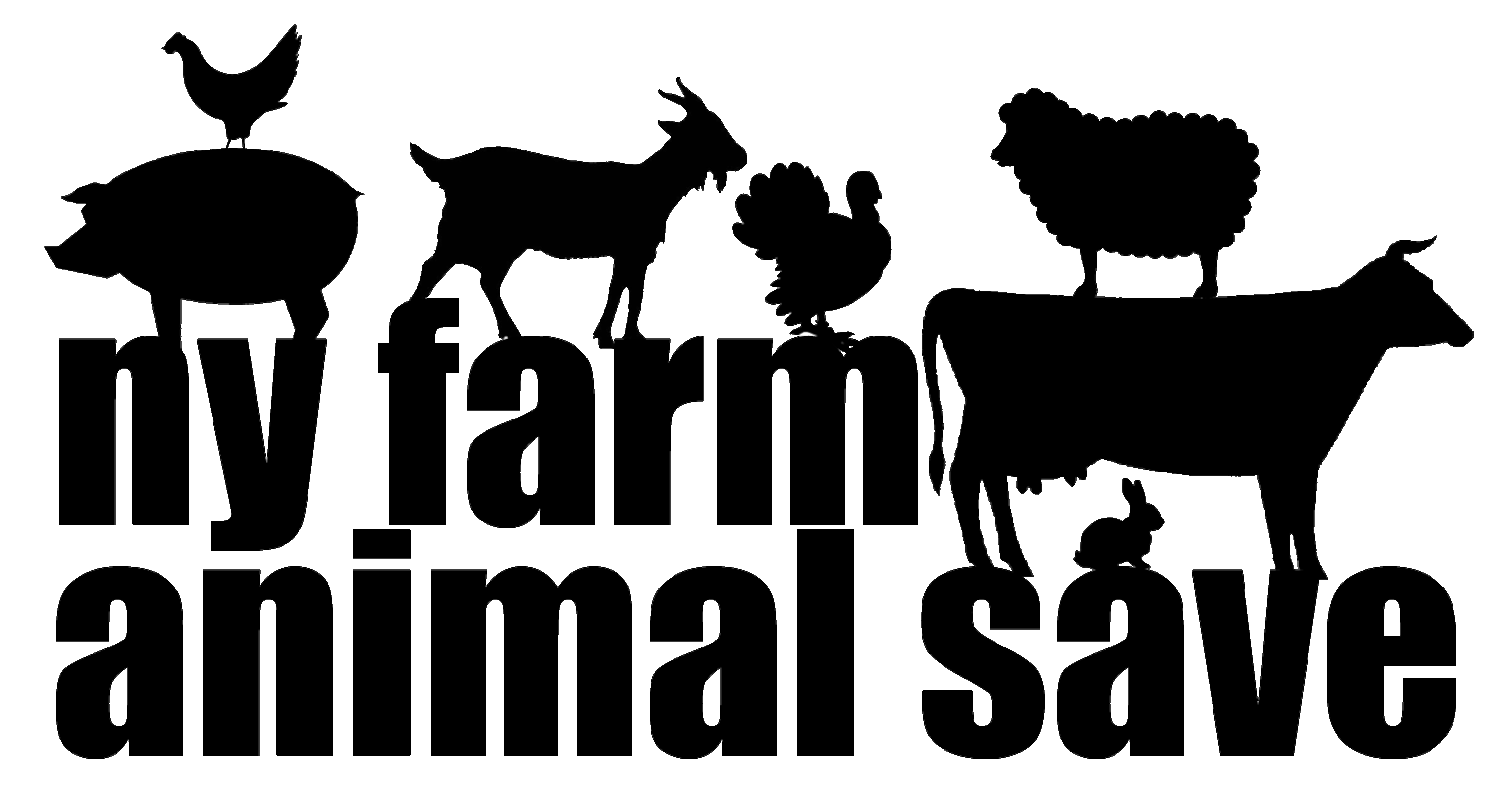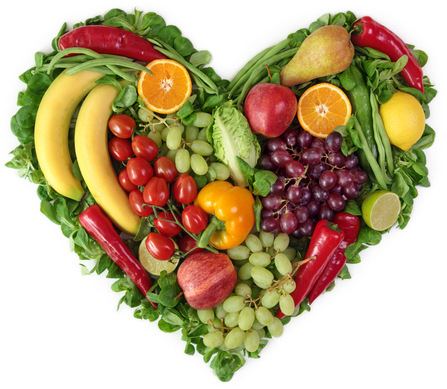For Your Health
Top 5 Misconceptions About Food: A Doctor’s Daily Experience
by Michelle McMacken, MD
As a primary care doctor, I spend my days taking care of patients with diabetes, high blood pressure, high cholesterol, heart disease, and obesity. I also see “healthy” patients whose eating habits are starting them on the road to a future filled with doctor’s appointments and hospital visits.
I enjoy reminding my patients that their fork can be more powerful than my prescription pad when it comes to preventing and reversing chronic diseases. This conversation usually uncovers some common misconceptions about food and nutrition. Here are five myths that I hear almost every day, among patients and colleagues alike:
veganbysomi.com
1. “I need to eat more protein”
Many people don’t realize that the average American consumes more than twice the Recommended Dietary Allowance (RDA) of protein, most of it from animal products. Unfortunately, animal-based proteins have been shown to promote faster growth, not only of normal cells but of cancer cells, and have been linked to a variety of cancers as well as heart disease, diabetes, Alzheimer’s disease, and kidney stones.
Plant foods contain plenty of protein, and a whole-foods, plant-based diet actually provides exactly what’s recommended in terms of protein requirements – about 8-10% of total daily calories from protein. This happens naturally when people eat a diet of diverse, whole plant foods – there is no need to count grams of protein! And unlike animal proteins, plant proteins from whole foods are not associated with cancer or other chronic diseases. In fact, these foods actually prevent many of the diseases we see today!
2. “I need to drink milk to have strong bones”
Many people equate dairy with calcium, strong bones, and the prevention of osteoporosis (low bone density). Generations of advertising slogans have perpetuated this idea. However, dairy isn’t the answer here. Studies show that dairy products may actually increase the risk of fractures related to osteoporosis!
vegan-magazine.com
The biological purpose of cow’s milk is to support the rapid growth of a calf. Humans have no nutritional or medical need to consume the milk of cows or any other nonhuman species. Cow’s milk has significant levels of female hormones, and usually contains antibiotics, pesticides, saturated fat, and cholesterol — substances that definitely do NOT do a body good! Dairy has been specifically linked with prostate, ovarian, and uterine cancer, as well as heart disease and early death.
The best sources of calcium come from the earth, in foods such as kale, broccoli, bok choy, and brussels sprouts. As a bonus, these vegetables are high in vitamin K, which is also important for strong bones. Beans may be an especially good source of calcium, because they are also high in phytates, antioxidant compounds that may enhance mineral absorption (despite common perception to the contrary) and thus protect bone density. Many brands of soy milk, almond milk, orange juice, and tofu are fortified with calcium and vitamin D, just as cow’s milk is artificially fortified with these nutrients. However, there is no need to specifically target calcium sources in the diet; a diverse, whole-foods, plant-based diet will provide all of the calcium you need.
3. “Chicken, turkey, fish, and eggs are healthy sources of protein”
Chicken, turkey, fish, and eggs contain significant amounts of cholesterol and saturated fat, in many cases as much as beef, so they are not “heart healthy” foods. Plant-based sources of protein contain zero cholesterol and far less saturated fat. Chicken and turkey usually contain antibiotics, pesticides, and fecal contaminants, and have been associated with salmonella, staph, and other infectious disease outbreaks. Chicken, fish and eggs have been associated with an increased risk of diabetes. Almost all fish contain mercury, which can cause neurologic and cognitive problems; many also contain polychlorinated biphenyls (PCBs), a toxin associated with cancer. And a recent study showed that eggs cause intestinal bacteria to make a substance called TMAO, which can trigger heart attacks and other cardiovascular events.
Whole plant foods supply plenty of protein, and they don’t come packaged with cholesterol or high levels of saturated fat. Instead, their protein is bundled with fiber and many necessary nutrients. Great plant-based sources of protein include lentils, chickpeas, black beans, kidney beans, soybeans, and quinoa. Green vegetables such as spinach, collards, broccoli, and peas are also quite high in protein per calorie. But remember, it’s not necessary to seek out plant foods high in protein, since a varied whole-food, plant-based diet will naturally provide enough protein, without special effort.
4. “I can’t eat carbs”
Many people are mistakenly led to believe they should avoid carbohydrates, particularly for weight management and diabetes control. Instead, they focus on proteins — especially animal proteins — and fats. Sadly, this approach actually increases the risk of chronic disease and death, and it deprives people of the numerous nutrients found in carbohydrate-containing foods.
It is true, however, that not all carbohydrates are created equal. Refined, highly processed carbohydrates can raise triglycerides, promote weight gain, and drive up blood sugar. On the other hand, starches that come from whole grains bring fiber, essential fatty acids, B vitamins, zinc, and protein into our diets and provide an excellent source of energy. Beans, legumes, starchy vegetables and fruits are other healthy carbohydrate sources. Balancing these foods with non-starchy vegetables is an optimal way to eat for weight loss, diabetes control and reversal of heart disease.
theminimalistvegan.com
5. “Healthy food is too expensive”
You don’t need to shop at a gourmet health food store to find nutritious foods. Actually, some of the healthiest foods are the least expensive, and they are readily available at most grocery stores and many local farmers’ markets. Beans, lentils, brown rice, and frozen vegetables are usually inexpensive, especially when bought dried and in bulk. Organic fruits and vegetables can cost more, but eating non-organic plant-based foods is still more nutritious than eating meat, chicken, fish, eggs and dairy, organic or otherwise.
Even when processed foods and animal products are sold cheaply, they are expensive in terms of the cost to your health. What you may save now, you could end up spending later in pharmacy co-payments and medical bills.
Posted on December 3, 2014 in Forks Over Knives, Wellness
For more information, please visit the following sites:






